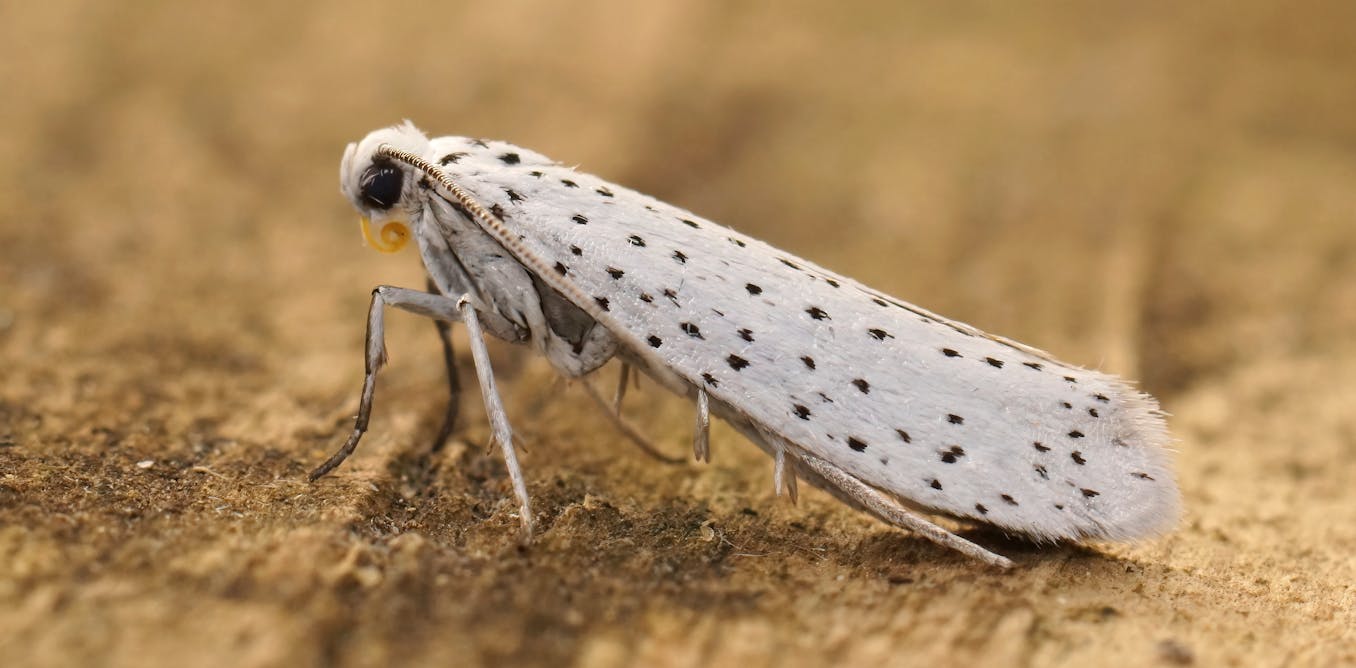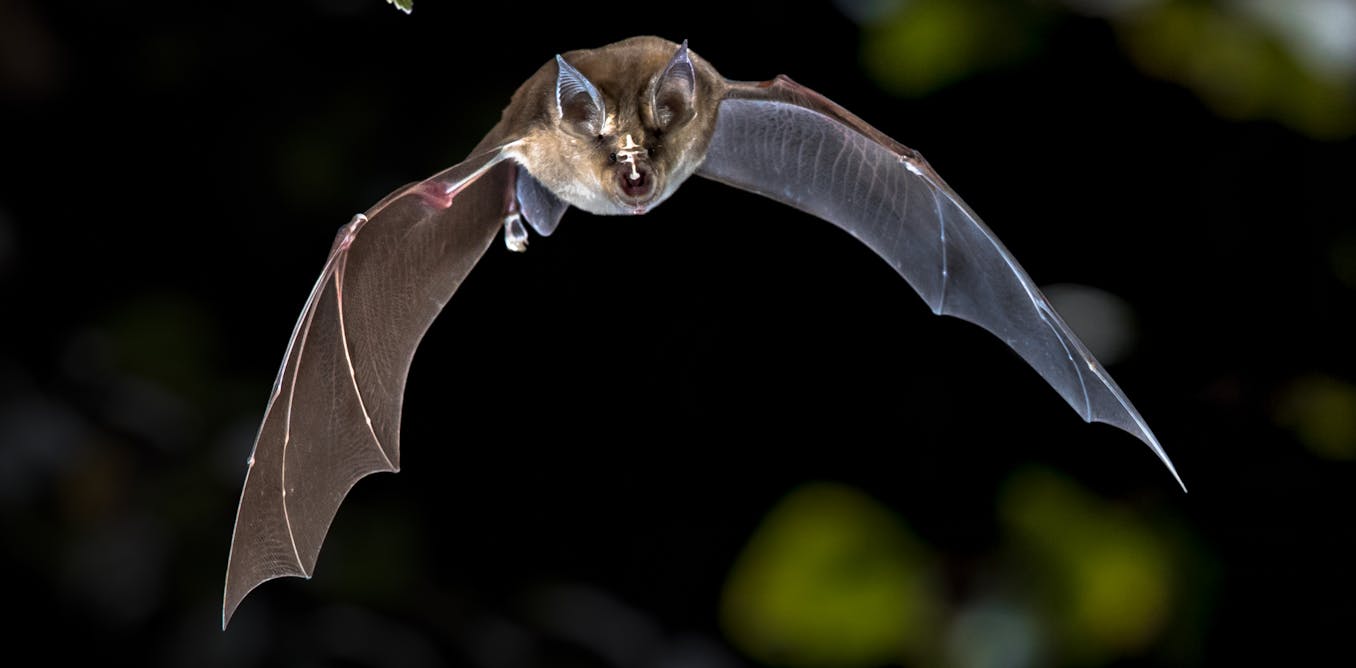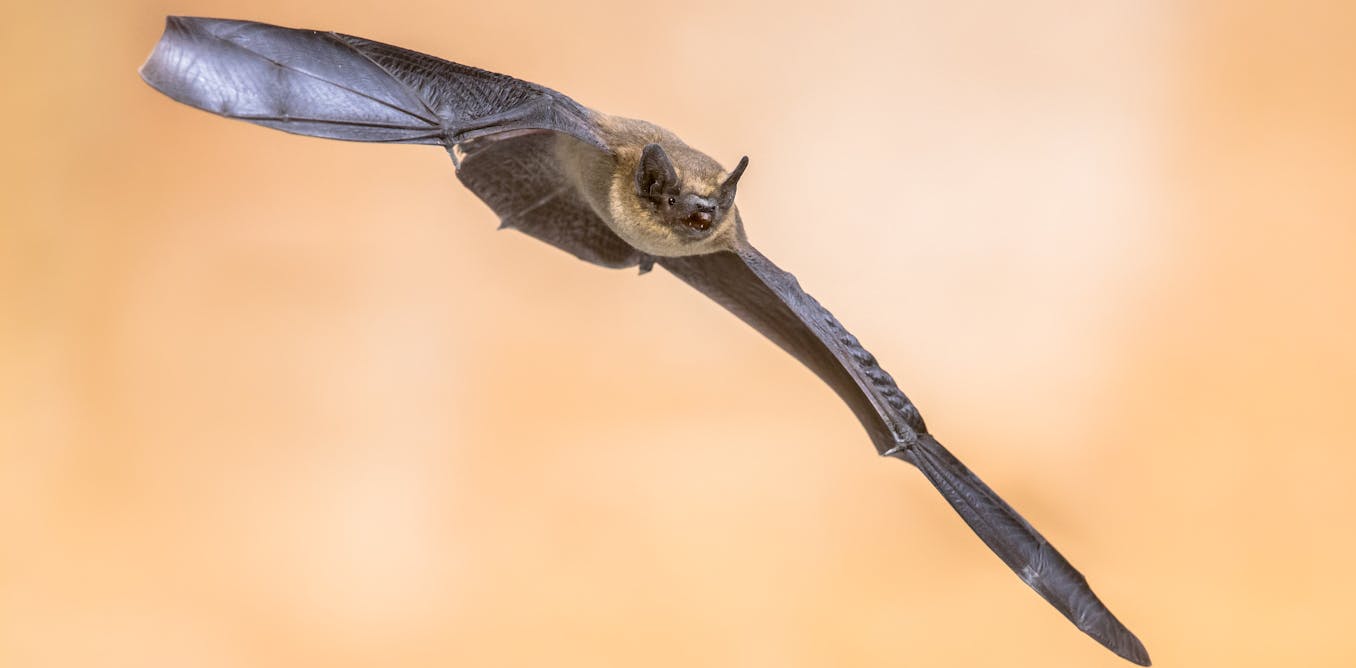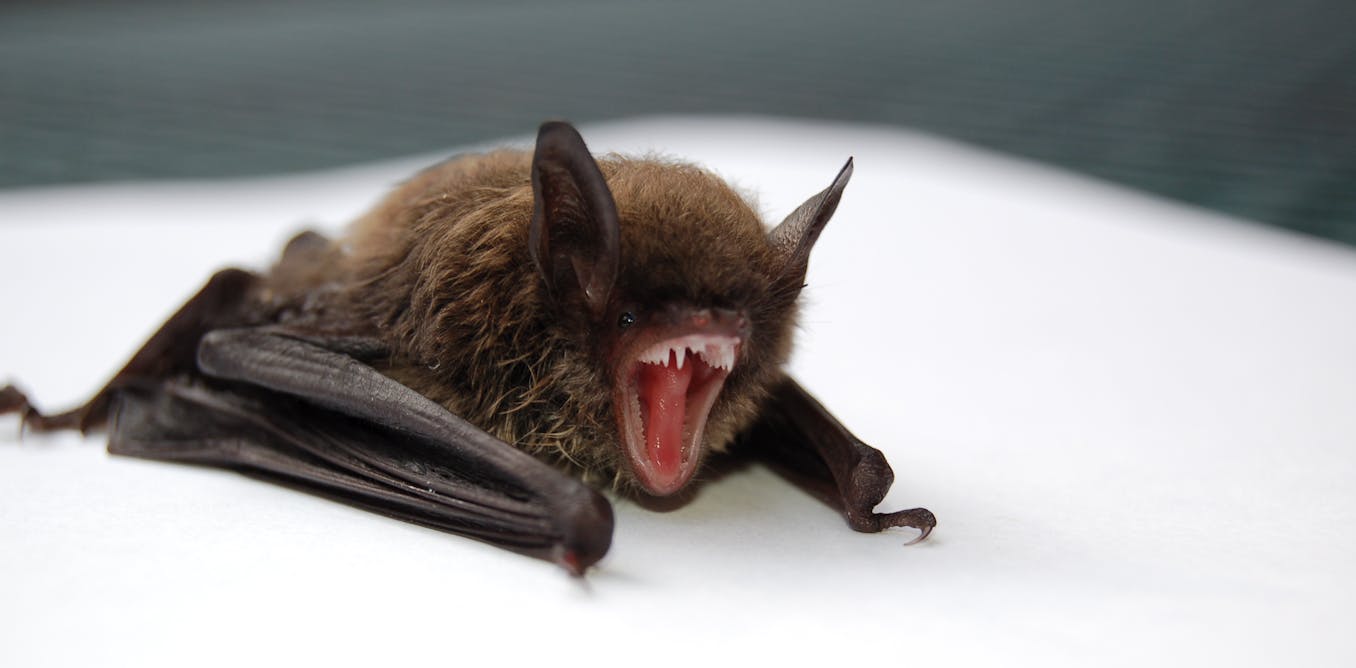We’ve found out how earless moths use sound to defend themselves against bats – and it could give engineers new ideas
The ermine moth’s wing structures are fascinating because they rely on a mechanism we teach our engineering students to avoid
Feb. 6, 2024 • ~8 min








